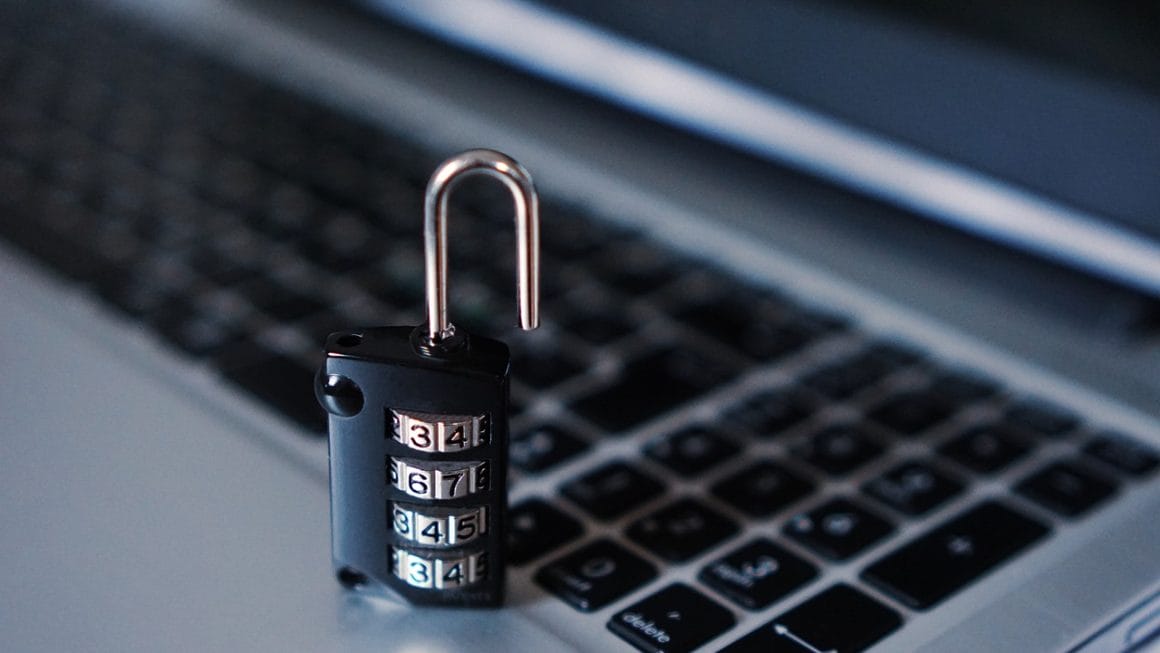 Is your smartphone vulnerable to malware? You better believe it is! Without the right precautions, your phone could quickly become infected with all sorts of malicious apps. Think about all the personal and financial information your phone contains – do you really want that data to fall into the hands of thieves?
Is your smartphone vulnerable to malware? You better believe it is! Without the right precautions, your phone could quickly become infected with all sorts of malicious apps. Think about all the personal and financial information your phone contains – do you really want that data to fall into the hands of thieves?
To protect your smartphone from malware, start by only downloading apps from trusted sources. Know your app permissions so you can tell when an app might be malicious. Make sure you’re using antivirus software on your phone, just like you do on your computer. Keep your phone’s operating system up to date. Beware of scams, and make sure you back up your phone data regularly so if you need to restore your phone to factory settings, you won’t lose any of your photos or other data.
Only Download Apps from Trusted Sources
When it comes to downloading third-party apps, you should only download them from trusted sources. For the most part, that’s going to be the Google Play Store if you have an Android phone or the Apple App Store if you have an iPhone. There’s really no reason to download third-party apps from other sources – you can find everything you need in your designated app store.
But just because an app appears in your app store doesn’t mean that it’s automatically safe. Malicious apps have been found in both the Google Play Store and the Apple App Store. Before you download an app, read the reviews – and not just the first few. Reviewers will tip you off if the app is malicious. You should also be suspicious of an app that has lots of positive reviews uploaded in a short period of time, or one that has significantly fewer downloads than others like it.
Know Your App Permissions
Pay attention to the permissions an app requires when you’re downloading it. If an app is asking for permissions that don’t make a lot of sense, that could be a sign that it’s malicious. For example, it makes sense that a messaging app would need to access your contacts, but does a game really need to access your camera? Make sure to check the permissions on those apps you’ve already downloaded, too, by going to Settings>Apps>App Permissions. This can tip you off any malware already on your phone.
Use an Antivirus App
Your phone needs protection from an antivirus app. If you buy premium antivirus protection for your iPhone or Android phone, you can usually get a range of other features, like identity monitoring and protection, spam filters, and protection for other devices. A paid program is the way to go if you don’t have much web savvy, but if you have the skills to be more hands-on with your malware protection, then you might be able to make do with a free app. Just make sure you check reviews and google any apps before you download them – malware often masquerades as free antivirus protection.
Keep Your Operating System Up to Date
Operating system updates are intended to fix flaws in your phone’s operating system that hackers could exploit. While updates can’t fix flaws no one knows about, they can fix known security flaws and offer you one more layer of protection against malware.
Beware of Scams
Phishing scams remain a common way to spread malware to unsuspecting users, and they’re getting more sophisticated. Emails from your bank, favourite online shopping website, or the IRS or other government agencies should be viewed with suspicion. Reputable organizations will not email you about problems with your account. Use a strong spam filter to keep phishing emails from landing in your inbox, and avoid clicking on links in emails or opening attachments from senders you don’t know. Beware of texts or phone calls seeking personal information, too.
You may like to read,
Why It Is Necessary To Have Strong Cybersecurity Measures
10 Best Practices for Mobile Device Security
Backup Your Phone Data
If your phone becomes infected with malware, you may need to restore it to factory settings to clear up the infection. This will mean losing all the apps you have installed and all the data you have on your phone, including photos. Make regular backups of your important data to the cloud or to an external storage device, so that if you have to wipe your phone, you won’t lose anything. If you’re hit with ransomware, you won’t have to pay the ransom to get your data back, because you’ll already have a backup copy.
Malware can cripple your smartphone and put your sensitive data at risk. Don’t let yourself become a victim. Take the right steps to protect your phone and the valuable data it contains.




